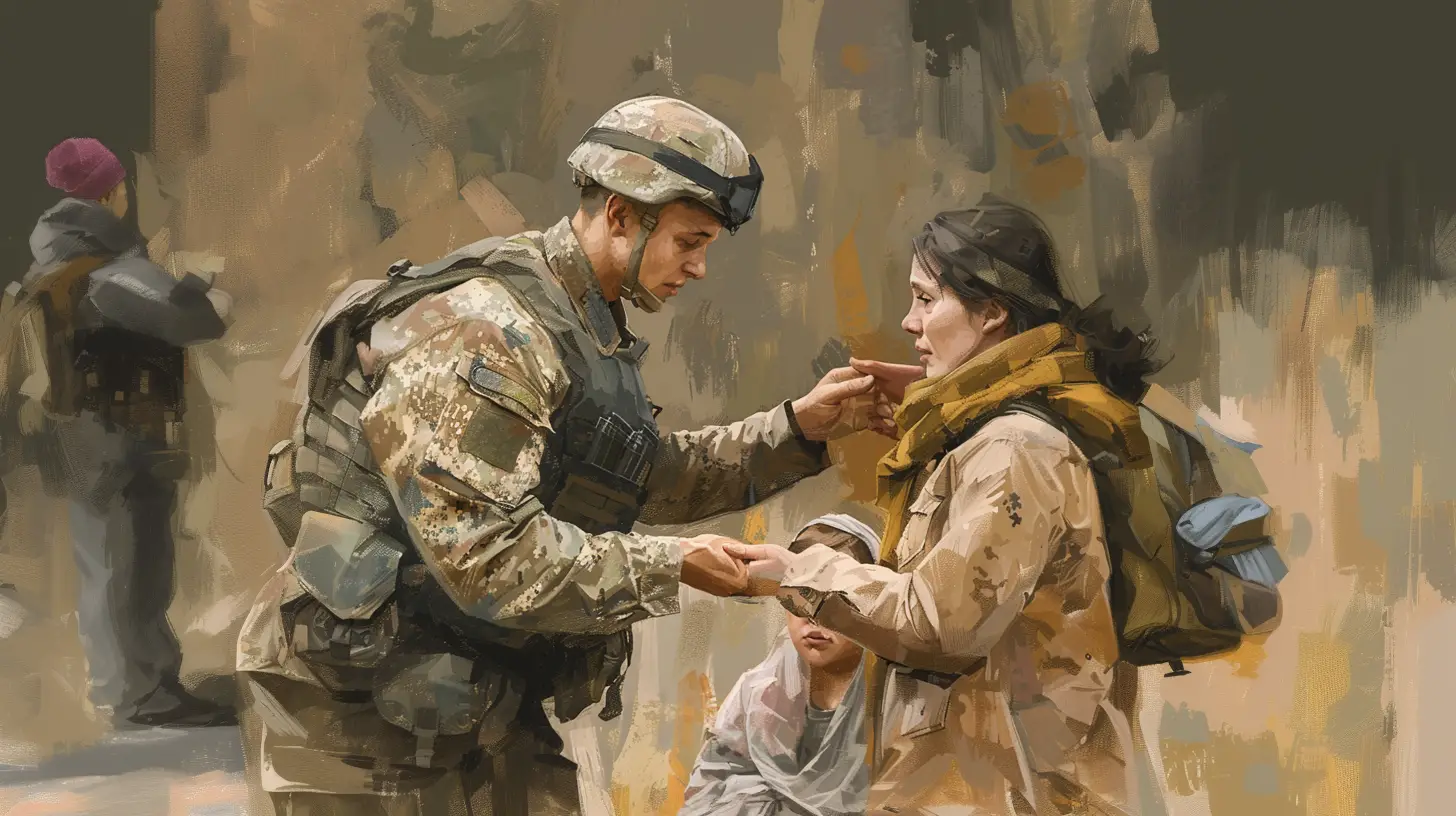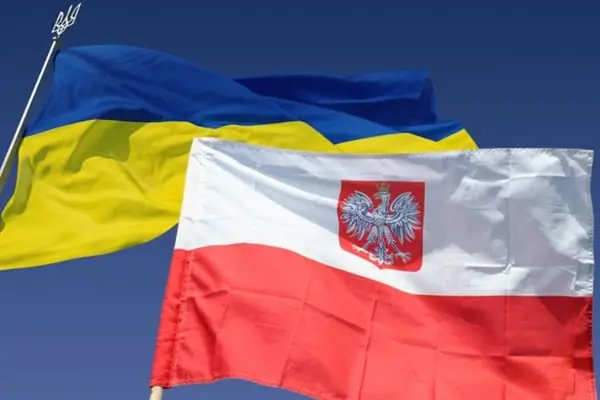Social project from DailyHubNews: “Psychological support for veterans: understanding and help after returning from a combat zone”

We, the international publication DailyHub.News, which publishes content in four languages, are initiating an important social project called “Psychological support for veterans: understanding and help after returning from a combat zone”. Through this project, we aim to raise public awareness of the importance of supporting veterans returning from combat. Military conflicts leave deep psychological wounds and community support is key to the successful rehabilitation of military personnel. Creating a supportive environment for these people is of global importance, and our project aims to facilitate this both in Ukraine and in other countries. DailyHub.News provides a platform for professional advice and expert opinions from psychologists to help society better understand the needs of veterans and provide them with appropriate support. We hope that this material will become a valuable resource for those seeking to help our defenders.

Today, psychologist Olga Sheremeta from Kyiv shares her advice. She works in the areas of ACT, positive psychology, narrative psychology and coaching. Olga has a higher psychological education and 3 years of work experience.
Instagram: @ola__sheremeta
Telegram: olapsychologist
Phrases that are important to avoid and how to express your support for the servicemember:
A man who has traveled an extremely difficult path, who has experienced and seen the death of loved ones, who has raised his weapon to kill others, who has been on the verge of life and death day after day, has a rather difficult time adapting to civilian life. It's the constant memories of what he went through, it's the many emotions he holds within himself, it's the horrors and insomnia. These are all consequences of war. They have to learn to live again. At the fiercest places from the battlefield there is a reassessment of values, a reevaluation of life, and the most important thing to experience is fear. Clenching his teeth, suppressing the pain, he goes to the battlefield, and when he returns home, he faces PTSD and panic attacks.
What is to be done? What to do with people who have returned home? What to say, how to express support?
What you should definitely avoid are phrases like “I understand you” or “I imagine what you've been through”. No one can imagine the pain and experience as the other person feels it, so it's better to say, “I'm sorry” or ask “How can I help you?”.
Sometimes help is just to listen to the person, to hear about their experience as much as they feel necessary. In your life, do you ever feel better after you have spoken out? The same method applies here: to get over everything, you need to say it as many times as you can until the person feels at least a little better.
Another thing that should not be done is to say, “Why are these guys dying?”, to blame the authorities, to bring up religion, politics, injustice, and to ask, “When will it all end? The serviceman himself does not know it all, and he may have seen a lot of things that he is disappointed in or has lost faith in. When discussing such topics, you may inadvertently show the person that the death of a military member is worthless, putting even more pressure on a wound that hurts. It's better to say, “I'm very grateful. I appreciate and am proud.”
Sometimes, just walking by, you can nod to show that you care. You can also walk up, shake hands, and say, “Thank you". It is not necessary to show pity. Separate sympathy and pity in your mind. Do not rush to hug the serviceman, do not approach from behind, do not scare. The main rule here is “Quiet, calm, balanced conversation. This person should know that he or she is ready to be listened to and heard".
I want to pay special attention to the phrases: “We didn't send you there”, “What are you whining about, you chose it yourself”, various jokes about payments, earnings and volunteers. This can cause not just a conflict, but a bout of aggression and even a fight. There should be respect for people who have gone through the war, not ostentatious, not artificial, but sincere respect. Even if you say something that the military man does not want to hear, but he sees your sincerity, there will be no conflict.
You can also make jokes within reason and reinforce the person's optimism and belief that it's not for nothing. My son calls these people superheroes and always thanks them. Learn humanity yourself, even if you feel like the person is closed off, remember that you don't know what they've been through. And remember that a sincere look is better than fake words.
Your psychologist, Olga Sheremeta.











